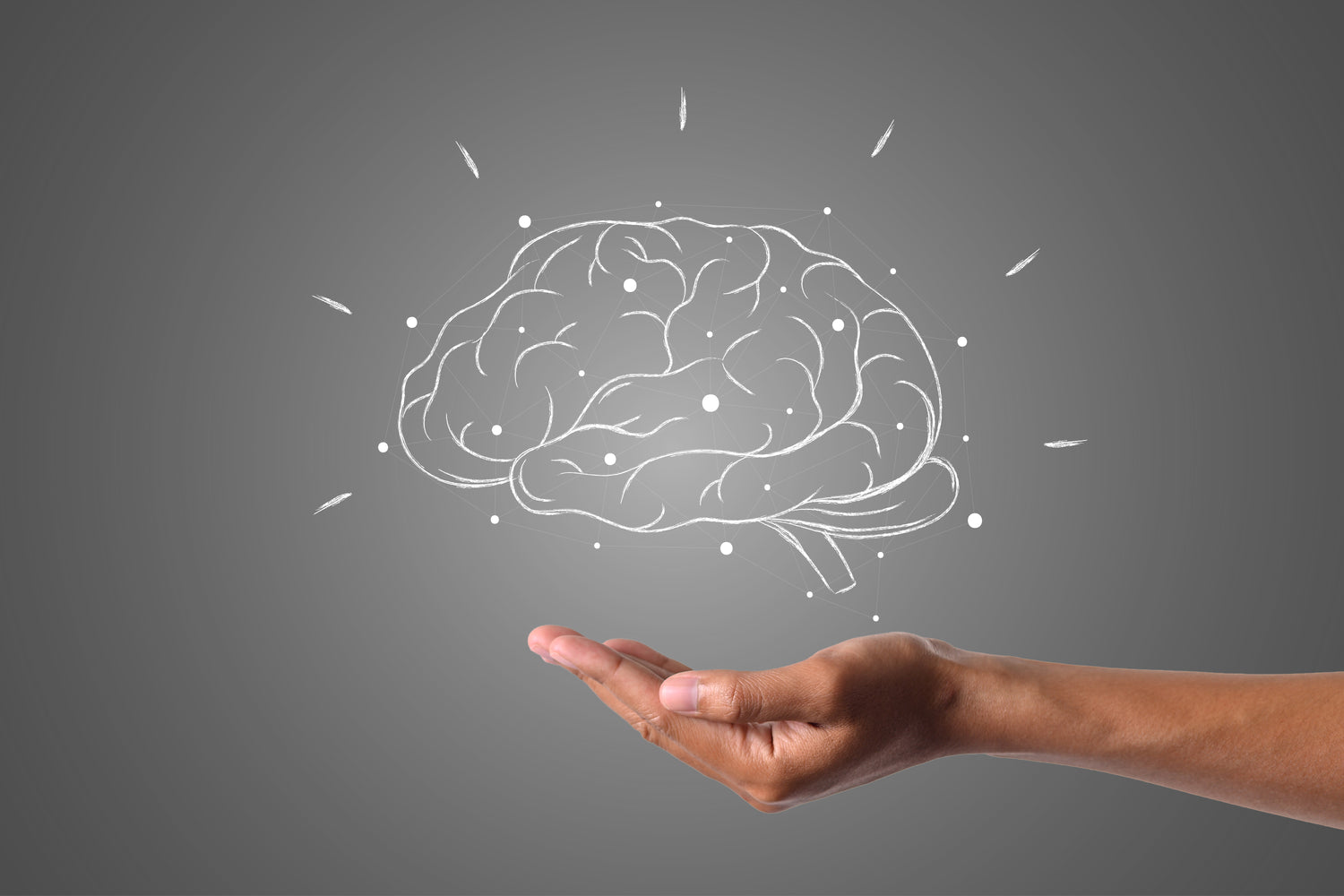

What is Emotional Intelligence?
Emotional Intelligence (EQ) is defined as the capacity to be aware of, control, and express one's emotions, and to handle interpersonal relationships judiciously and empathetically.
The 4 Elements of Emotional Intelligence
Explore the four key elements that constitute Emotional Intelligence below. Gaining insights into each element will illuminate the profound impact of a heightened EQ, benefiting both job seekers and employers alike.

Self-Awareness
Self-awareness is the conscious recognition and understanding of one's own thoughts, feelings, behaviors, and characteristics. It involves being attuned to your emotions, motivations, strengths, weaknesses, and overall personality. Individuals with high self-awareness possess the ability to reflect on their actions, make informed decisions, and navigate interpersonal relationships more effectively. Cultivating self-awareness is a fundamental aspect of personal development and emotional intelligence, contributing to greater self-understanding and growth.

Self-Management
Self-management refers to the ability to regulate and control one's own thoughts, emotions, and behaviors effectively. It involves maintaining composure, adapting to changing circumstances, and exercising discipline in the pursuit of goals. Individuals with strong self-management skills can prioritize tasks, set and achieve objectives, and navigate challenges with resilience. This competency is a key component of emotional intelligence, emphasizing the capacity to stay focused, organized, and composed in various situations, fostering personal and professional success.

Social Awareness
Social awareness involves being attuned to and understanding the emotions, needs, and perspectives of others. It encompasses the ability to recognize and interpret verbal and nonverbal cues, empathize with different points of view, and navigate social dynamics effectively. Individuals with strong social awareness can pick up on the emotions of those around them, demonstrate empathy, and build positive relationships. This skill is crucial in fostering teamwork, collaboration, and effective communication, making it an integral component of emotional intelligence.

Relationship Management
Relationship management is a key aspect of emotional intelligence that involves effectively building, maintaining, and navigating positive connections with others. This skill includes the ability to communicate clearly, resolve conflicts, and cultivate strong relationships, whether in personal or professional settings. Individuals adept at relationship management excel in teamwork, collaboration, and conflict resolution. They understand the dynamics of social interactions, can influence others positively, and contribute to creating a harmonious and productive environment. This competency is particularly valuable for leaders, team members, and individuals aiming for success in diverse social and professional contexts.

Why is EQ Important?
An article from Forbes states, “Naturally, people with a high degree of emotional intelligence make more money—an average of $29,000 more per year than people with a low degree of emotional intelligence. The link between emotional intelligence and earnings is so direct that every point increase in emotional intelligence adds $1,300 to an annual salary. These findings hold true for people in all industries, at all levels, in every region of the world.”

EQ vs IQ
According to SHRM, 59% of employers would not hire someone who has a high IQ but low EI. Also, 75% of employers said they are more likely to promote a worker with high EI.

EQ Will Do it for YOU
Unlock the benefits of emotional intelligence – for job seekers, it translates to increased stability and higher earning potential. For employers, it means cultivating a stable workforce that significantly improves retention rates.
Ready to Take your Company to the Next Level?
